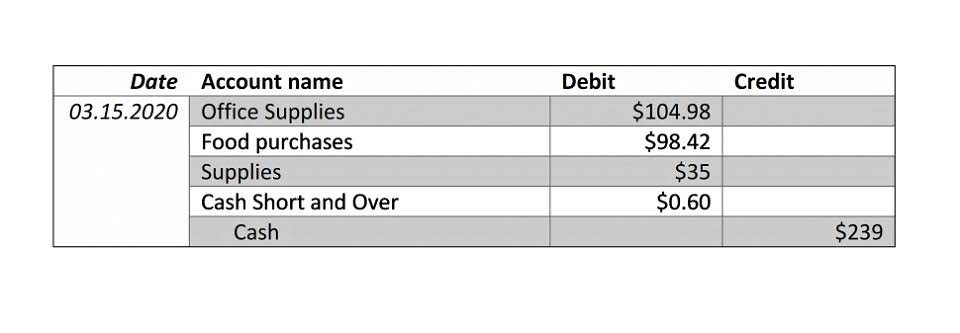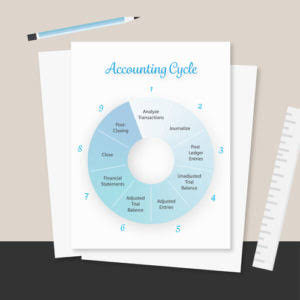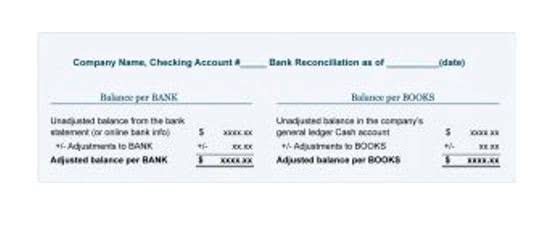Recordkeeping Internal Revenue Service

Firms also have intangible assets such as customer goodwill that may be listed on the balance sheet. If you use cash accounting, you record your transaction when cash changes hands. Accounting software eliminates a good deal of manual data entry, making it entirely possible to do your own bookkeeping. However, it can be difficult to catch up if you fall behind on reconciling transactions or tracking unpaid invoices. Regardless of your small business’s complexity, bookkeeping will still take time out of your week, so be sure you have the resources before committing to handling it yourself.

Some businesses choose to use electronic accounting software programs or some other type of electronic system to capture and organize their records. The electronic accounting software program or electronic system you choose should meet the same basic recordkeeping principles mentioned above. All requirements that apply to hard copy books and records also apply to electronic records. For more detailed information refer to Publication 583, Starting a Business and Keeping Records. Once you know what types of records you have, it’s time to figure out how long to keep tax returns, statements and other documents.
Relax about tax
While any competent employee can handle bookkeeping, accounting is typically handled by a licensed professional. It also includes more advanced tasks such as the preparation of yearly statements, required quarterly reporting and tax materials. Document retention guidelines typically require businesses to store records for one, three or seven years.

Single-entry bookkeeping is much like keeping your check register. You record transactions as you pay bills and make deposits into your company account. It only works if your company is relatively small with a low volume of transactions. Bookkeeping is the process of keeping track of every financial transaction made by a business firm from the opening of the firm to the closing of the firm. Depending on the type of accounting system used by the business, each financial transaction is recorded based on supporting documentation. That documentation may be a receipt, an invoice, a purchase order, or some similar type of financial record showing that the transaction took place.
It Stops You Missing Out On Deductible Expenses
As a bookkeeper, your starting salary with a minute or no experience may be about £18,860 per year. With higher qualifications and experience, business bookkeeping in a year you can earn up to £32,500 or more. Moreover, you will also get bonuses which can be in between £77 to £3,010.
- As a sole trader there’s no legal difference between you and the business, so your business’ profits are yours to keep, which has implications for tax.
- For medium and large scale business, an ERP system would be ideal to ensure all documents are saved and recorded properly.
- So, as well as a list of invoices, you’ll need the actual invoices, for example.
- You record transactions as you pay bills and make deposits into your company account.
- Should the need arise when you must pay a business expense with your personal funds, be sure to reimburse yourself by check.
- These can be paper receipts or, in most cases, electronic copies such as scanned images or digital photos, provided they show all the information clearly.
- Businesses that have more complex financial transactions usually choose to use the double-entry accounting process.
Depositing your salary into your personal account may help alleviate bookkeeping errors. When starting a new small business, one of the first steps should be opening a business checking account. You might also consider opening a savings account to deposit tax obligations. Cash-based accounting is the simpler of the two methods and is used for short business cycles when inventory is not involved. Businesses that sell directly to consumers and have annual revenue over $25 million can’t use this method.
Use an online bookkeeping service
On the other hand, your bank may provide perks for keeping your personal and business accounts with them. The accrual method of accounting provides a broader financial picture, so you adjust your business operations should your financial outlook not be favorable. A disadvantage is that you may not always know what funds you have on hand, and you might not have the necessary funds if you have many outstanding invoices. If you intend to do payroll in-house, you’ll want a software program matching your business type. For example, if your company hires only part-time employees, you won’t need the same features as a construction company with full-time employees and frequent overtime.